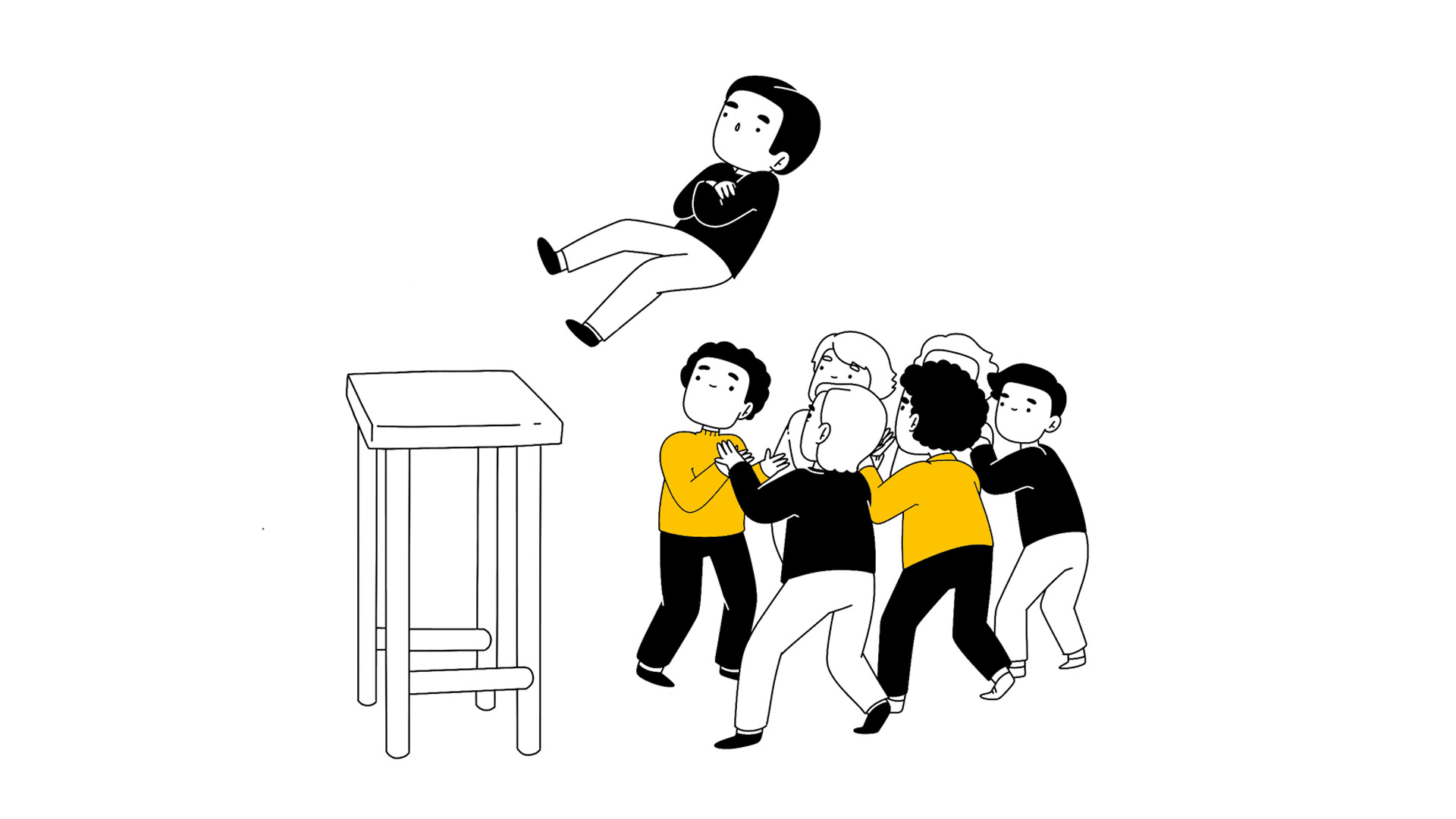Why is Open Source more secure than a Closed Source solution?
You can no longer ignore Open Source if you work for a Dutch government agency, the European Union or the UN. During the recent years, these institutions have made Open Source products a requirement. You may be wondering why these institutes have opted for Open Source and not Closed Source. In this blog we will explain why.
What exactly is Open Source Code?
With Open Source, source code is available to anyone. Developers can choose to contribute, use and change the source code if they want to. This means that a community of developers from all over the world have access to the codebase. Therefore, code can be continuously optimized by an entire community.

Security is easier to ensure with Open Source
As you can imagine, data security is one of the most important requirements for government organizations. They cannot afford to have personal or sensitive data of citizens become public. This is the main reason when choosing software to apply "Open Source by default" opposed to Closed Source.
The reason security is easier to maintain with Open Source products is because there is a whole community of developers that can notice any potential vulnerability in the code, and quickly solve it. With Closed Source, code is entirely under the control of the software supplier, as they are the only one with access to the code. As a result, optimization depends on the developers of the supplier, and never from an outside perspective. This means that vulnerabilities in the code are less likely to be noticed, and that the solutions of the vulnerabilities entirely depend on the development capacity of the supplier.

A point of criticism that is often made when using Open Source is that code can sometimes become outdated when a codebase is no longer used.
It is indeed possible that an Open Source product that isn’t used too often, will no longer be maintained by a community of developers, and therefore may contain vulnerabilities. When you implement this kind of products, your software may become vulnerable to attackers. However, as the code is open source, this risk can be easily prevented by updating and maintaining a product yourself. So to conclude, if you work with a Closed Source product you are completely dependable on the supplier, but with Open Source software you remain in control!
Governments become more secure and grow in functionality by opting for Open Source
The chances of the Open Source code not being maintained with government software are very small. This is because Dutch government agencies are obliged to guarantee the continuity of their software with, for example, an SLA (Service Level Agreement). These SLA’s are awarded by means of a tender, so that developers from different organizations deal with the Open Source code. With every SLA that is tendered, the community of developers who monitor the code for vulnerabilities grows. With government software, the risk of outdated software and vulnerabilities is therefore even smaller than average. As a result, the Open-Source software is free to implement for everyone and maintenance and optimization is paid for via the SLAs. This method also means that Open Source software is often cheaper than Closed Source.
Open Source also ensures that more innovation takes place within the software, as the entire community of developers from different perspectives can serve as a driver for this. This is because the organizations awarded the SLAs will be engaged in adding functionality to the software. This benefits the entire community, even if only a single party has been engaged in adding functionality. When functionality is added to an Open Source product, it is also made openly available to everyone else. So there is also only one time to pay for an improvement.
Do you want to know more about the possibilities of Open Source?
Our specialists will be happy to tell you more about it! It is not for nothing, our Frank!Framework is completely open source. Please contact us if you want to know more!



/BewerktWAF9.jpg?length=500&name=BewerktWAF9.jpg)
